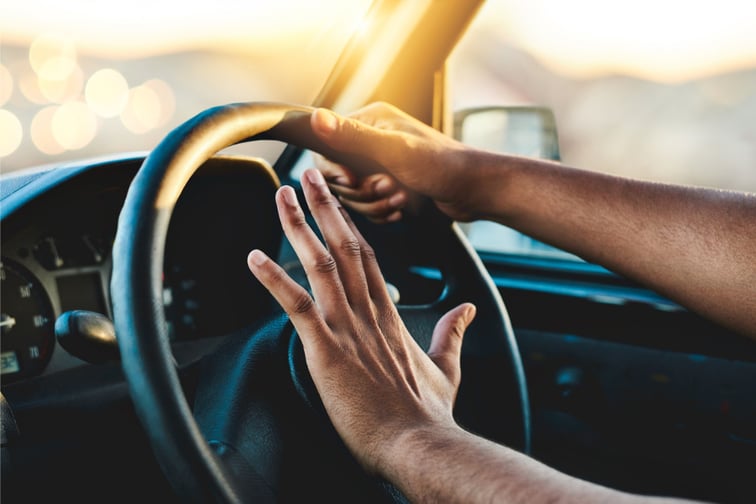

Road rage is on the rise in New Zealand, according to 46% percent of respondents in a survey by AA Insurance.
The survey found that 46% believe road rage has become worse since the start of the COVID-19 pandemic. It also found that 28% of Kiwis have been involved in a road rage incident in the past year, and drivers from the ages 18 to 29 are most at risk.
The survey also highlighted the risk of distractions while on the road, as traffic is expected to increase in the summer due to lifted pandemic restrictions.
“We’re heading into the first summer in years without COVID-19 travel restrictions, and holiday spots are welcoming back international tourists, so we’re expecting to see plenty of traffic on the roads,” said Beau Paparoa, head of motor claims at AA Insurance. “We know it can be stressful sharing the roads at a chaotic time of year when your resilience may be low and you just want to get to your destination, but we all know that getting angry and impulsive while behind the wheel is never worth it – it’s a recipe for disaster. It always pays to keep a cool head in traffic and queues and take plenty of breaks if you’re getting agitated or aren’t enjoying the ride – this is especially important if you’re starting to drift off or lose your concentration.”
The survey also asked Kiwi drivers what they considered the top distractions while on the road, with 41% saying other road users, such as drivers, cyclists, and pedestrians, were the main causes of distraction, up from 37% in 2018.
Texting or using a mobile phone was the second most common distraction, with 26%.
Distracted drivers were identified as the biggest threat to safety on the roads, with 69% of respondents saying other drivers who were eating, using mobile phones or in-car entertainment pose the biggest risk to them and their passengers.
“With busier roads there is a greater risk of distraction and ultimately vehicle accidents, so we’re calling on all drivers to be extra mindful of each other and allow plenty of time to arrive safely at their destination,” Paparoa said.
